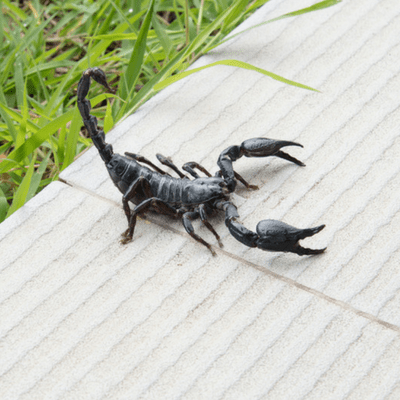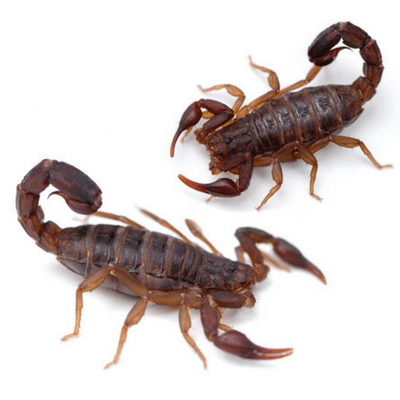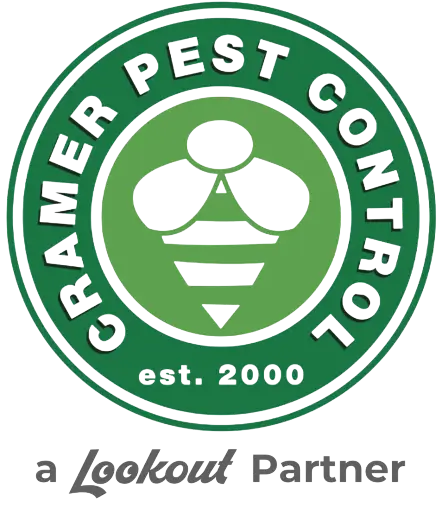For anyone who thinks of scorpions as desert pests, they’re shocked to find one in the Carolinas. Even though it’s natural to assume this kind of threat is only found in places like Arizona, the fact is you might deal with a scorpion infestation in this portion of the country.
Read on to learn what scorpion problems we have in the Carolinas and what to do about them.
Types of Scorpions
A few species of scorpions can be found in the Carolinas. Here are some quick facts about them.
- The most common type of scorpion in the Carolinas is called the southern unstriped scorpion or southern devil scorpion. Overall, the body is brown, making it easy to hide in the dirt, foliage, etc. This scorpion is about one inch long when fully developed.
- The striped bark scorpion came to the Carolinas from elsewhere to hitching a ride on shipments. It’s been able to establish itself in certain parts of the region. It can grow up to three inches in length, and they’re tan or yellow when mature, but might be much lighter when younger. These scorpions like to hide in buildings, as well as under logs, rocks, and dead plants. Just like the striped bark scorpion, the Hentz striped scorpion isn’t from the Carolinas, but it was accidentally brought to the region. They’re about two to two and a half inches in length fully grown and are usually a light brown.
Where they Like to Live

Just like any other type of pest, scorpions like to live where conditions are ideal for them.
- While you might fear to have scorpions in your house or business, they’re more likely to be living outside. Crawlspaces do make excellent spaces for scorpions to hide.
- Wood piles, fallen trees, and stacks of rocks provide excellent cover from predators. Erosion under a brick foundation or crumbling stone around your property is also preferable.
- Anywhere with considerable moisture will draw scorpions because their prey frequents there. This can include spiders, millipedes, all kinds of insects, and small reptiles. That means indoors; they like sink areas, bathrooms, and laundry rooms.
Cramer Pest Control is now a Lookout Partner! Receive the same great Cramer Service, now with Lookout resources and capabilities! Visit Lookout to learn more about scorpions and how to get rid of them.
Can You Find Scorpions in the Carolinas in North Carolina and South Carolina Yes!?
Protecting North Carolina and South Carolina
